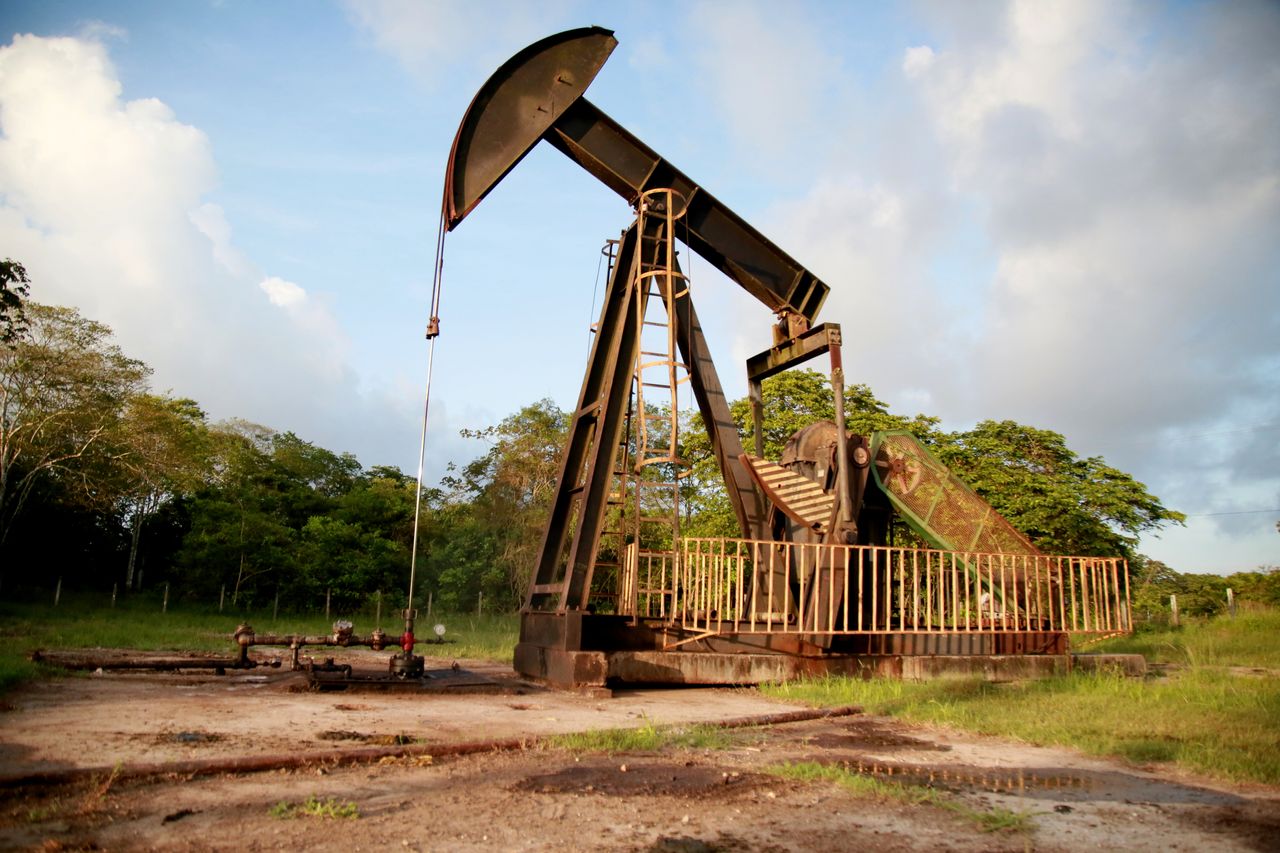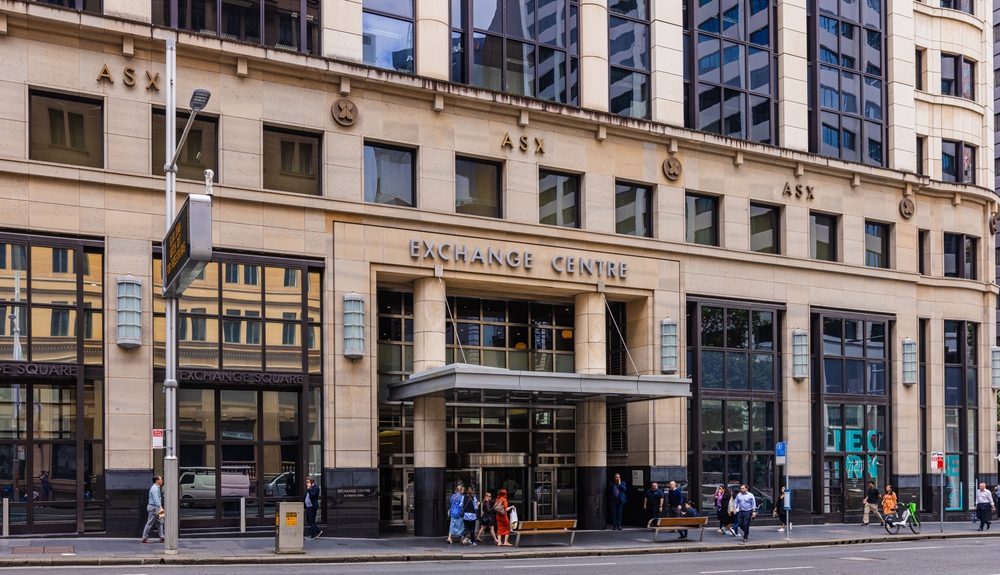Oil Producers Are Curbing Supplies. Expect The Oil Rally To Continue
Increased global demand, together with recent supply cuts, could spark a more than 20% rally in oil prices this year, experts say.
“We expect prices to peak at $65 and remain in the range $55 to $65,” says Art Hogan, chief market strategist at National Securities Corp. in New York.Futures contracts for light sweet crude were recently fetching $53 a barrel on the Commodities Mercantile Exchange.
Traders wanting to profit from the potential rally should consider buying June-dated futures contracts for light sweet crude on the CME. Alternatively, they could try purchasing the Invesco DB Oil exchange-traded fund (ticker: DBO), which holds a basket of crude oil futures. The fund has gained 7.5% this year through Jan. 11. It lost 21% in 2020, according to Morningstar.
This year crude has already rallied about 9%, due in part to an unexpectedly bullish move by OPEC+ (the Organization of the Petroleum Exporting Countries plus Russia) earlier this month.
The world’s second-largest producer, Saudi Arabia, surprised the world by announcing it would cut production in February and March by one million barrels a day (bpd). That move more than offset a combined 75,000 bpd increase for the same period by Russia and Kazakhstan.
Overall, the OPEC+ cut should help put a floor under prices, especially given that the member states will probably stick to their quotas. “We don’t see material risk to the group’s [OPEC’s] cohesion,” Barclays said in a recent report. Historically, OPEC members have often failed to stick to their production quotas, making price stability an issue.
Meanwhile, demand from China is higher than pre-pandemic levels. In the third and fourth quarters of 2020, the country consumed 13.7 million and 14 million bpd, respectively. That compares to an average of 13.3 million in 2019, according to OPEC.
Traders will likely bet on a rebound in demand for the rest of the world as Covid-19 vaccines allow people to return to business as usual. “My sense is that as we get back to a more normal society, we get a massive surge in people wanting to go flying and do things they could do before the pandemic,” says Jon Rigby, an oil analyst at UBS London. Such a scenario would mean an increase in oil demand, with air and land travel resulting in higher fuel consumption.
Oil prices will get an additional boost from a softer dollar. “My general view is that we won’t have a stronger dollar,” says Steve Hanke, professor of applied economics at Johns Hopkins University. “Automatically, a little bit weaker dollar will add a little bit of strength to the oil price.” Oil gets priced in dollars, which means that in general, when the dollar weakens, crude prices tend to rally.
A price rally will likely be tempered by increasing supply from shale producers in North America, says Hogan of National Securities. While the Biden administration will likely reduce drilling on federal lands, there is still a lot of potential supply ready to tap when crude prices approach $60. “There is plenty for us in the next two years to increase our supply with hydraulic fracking,” he says.
Buying any commodity futures contract is a risky endeavour, and oil futures are no exception. The price of crude is subject to influences by national governments, geopolitical upheaval, and changes in the global economy. All these can result in significant price volatility.
Despite that, the odds looked stacked in favour of a rally in crude prices over the next few months. “We see prices going higher, if not meaningfully higher,” says Daryl Jones, director of research at Hedgeye Risk Management.
 Copyright 2020, Dow Jones & Company, Inc. All Rights Reserved Worldwide. LEARN MORE
Copyright 2020, Dow Jones & Company, Inc. All Rights Reserved Worldwide. LEARN MORE
This stylish family home combines a classic palette and finishes with a flexible floorplan
Just 55 minutes from Sydney, make this your creative getaway located in the majestic Hawkesbury region.
Continued stagflation and cost of living pressures are causing couples to think twice about starting a family, new data has revealed, with long term impacts expected
Australia is in the midst of a ‘baby recession’ with preliminary estimates showing the number of births in 2023 fell by more than four percent to the lowest level since 2006, according to KPMG. The consultancy firm says this reflects the impact of cost-of-living pressures on the feasibility of younger Australians starting a family.
KPMG estimates that 289,100 babies were born in 2023. This compares to 300,684 babies in 2022 and 309,996 in 2021, according to the Australian Bureau of Statistics (ABS). KPMG urban economist Terry Rawnsley said weak economic growth often leads to a reduced number of births. In 2023, ABS data shows gross domestic product (GDP) fell to 1.5 percent. Despite the population growing by 2.5 percent in 2023, GDP on a per capita basis went into negative territory, down one percent over the 12 months.
“Birth rates provide insight into long-term population growth as well as the current confidence of Australian families,” said Mr Rawnsley. “We haven’t seen such a sharp drop in births in Australia since the period of economic stagflation in the 1970s, which coincided with the initial widespread adoption of the contraceptive pill.”
Mr Rawnsley said many Australian couples delayed starting a family while the pandemic played out in 2020. The number of births fell from 305,832 in 2019 to 294,369 in 2020. Then in 2021, strong employment and vast amounts of stimulus money, along with high household savings due to lockdowns, gave couples better financial means to have a baby. This led to a rebound in births.
However, the re-opening of the global economy in 2022 led to soaring inflation. By the start of 2023, the Australian consumer price index (CPI) had risen to its highest level since 1990 at 7.8 percent per annum. By that stage, the Reserve Bank had already commenced an aggressive rate-hiking strategy to fight inflation and had raised the cash rate every month between May and December 2022.
Five more rate hikes during 2023 put further pressure on couples with mortgages and put the brakes on family formation. “This combination of the pandemic and rapid economic changes explains the spike and subsequent sharp decline in birth rates we have observed over the past four years,” Mr Rawnsley said.
The impact of high costs of living on couples’ decision to have a baby is highlighted in births data for the capital cities. KPMG estimates there were 60,860 births in Sydney in 2023, down 8.6 percent from 2019. There were 56,270 births in Melbourne, down 7.3 percent. In Perth, there were 25,020 births, down 6 percent, while in Brisbane there were 30,250 births, down 4.3 percent. Canberra was the only capital city where there was no fall in the number of births in 2023 compared to 2019.
“CPI growth in Canberra has been slightly subdued compared to that in other major cities, and the economic outlook has remained strong,” Mr Rawnsley said. “This means families have not been hurting as much as those in other capital cities, and in turn, we’ve seen a stabilisation of births in the ACT.”
This stylish family home combines a classic palette and finishes with a flexible floorplan
Just 55 minutes from Sydney, make this your creative getaway located in the majestic Hawkesbury region.






















